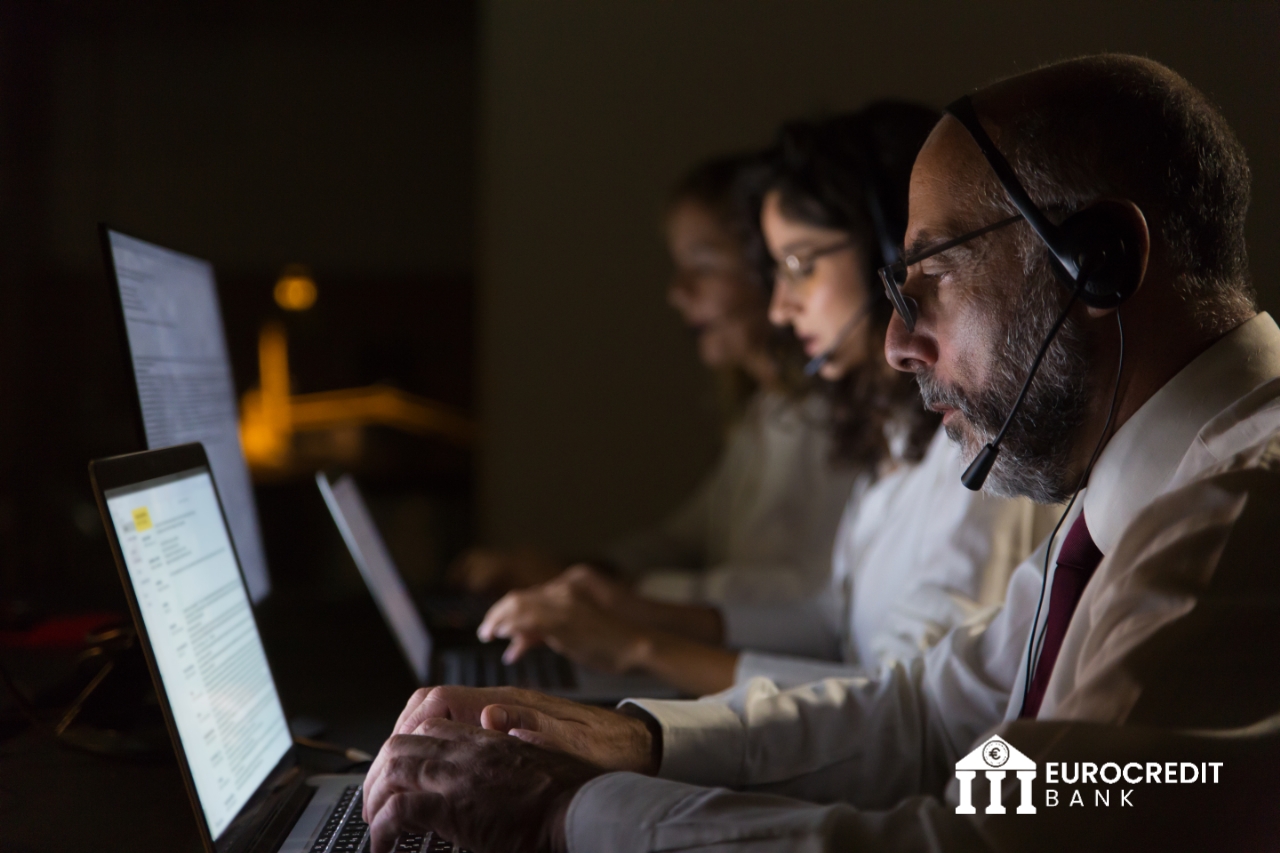COVID-19 and Payment Relief
Your financial safety is as important as your physical well-being .With so much uncertainty and so many heightened emotions due to the COVID-19 pandemic, it's an easy time to be the victim of a financial scam. Help keep your finances and personal information safe by learning about fraud prevention.


Always remember: EC Bank will never use phone calls, text messages, or emails asking you to provide, update, or verify personal information, such as passwords, Social Security numbers, PINs, or credit or check card numbers.
There are already reports of scams involving Economic Impact Payments (EIP) and Paycheck Protection Program loans, as well as fraudulent homemade coronavirus testing kits and vaccines. Criminals are always handy to take advantage of dreadful situations.
Social media scams often come in two different forms.
Another easy way to identify a fraud is if there’s a sense of urgency surrounding it . Many fraudsters create a sense of urgency to take advantage of you. This is especially effective during these difficult times when many people are emotionally vulnerable. Beware of high-pressure or time-sensitive asks for financial or personal information.
Don't send money orders, Cheques, gift cards, cash, or wire transfers to anyone you don't know. Beware of scams laced with emotional blackmails, they seek to prey on you.
Email (phishing) and text message scams can often be identified by poor use of grammar or misspellings. They may also seem unsuspecting by directing you to legitimate-looking links. To view the real URL of a hyperlink, hover your mouse over the linked text. Don't trust an email that doesn't sound right or is directing you to an unknown website, even if it looks like an official communication.
If can't confirm the sender of an email, don't download any attachments they sent you. This is especially true for files ending in .zip, .exe, .doc, .pdf, or .xls.
Many phishing scams will come from authentic-looking email addresses or cleverly disguised caller ID numbers. If you can't verify a request on your own, reach out to the company that claims to have sent it.
It is advised to take advantage of our digital banking options to conduct everyday transactions such as checking your balance, making payments, transferring funds, earning profits and cash backs.
Use our digital banking options to conduct everyday transactions such as checking your balance, making payments, transferring funds and earning profits.

Click one of our representatives below to chat on WhatsApp or send us an email to info@eurocreditbank.com
